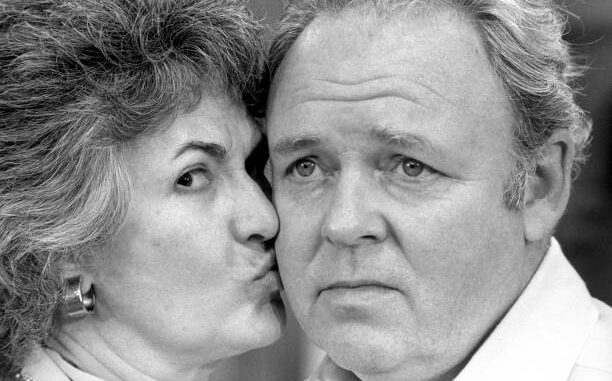
Looking Back on TV’s “Very Special Episode”
In today’s television landscape, the lines between comedy and drama are increasingly blurred. Shows like The Bear, Barry, and Palm Royale challenge traditional categorizations, raising questions about what constitutes a comedy. As we explore this evolution, we can’t ignore the impact of the “very special episode” format that emerged in the 1970s and 1980s, particularly through the work of Norman Lear.
The Evolution of Comedy: From Sitcoms to Complex Narratives
The Debate at the Emmys
The debate surrounding comedy categories at the Primetime Emmys has intensified. Are shows like Barry and The Bear truly comedies, or do they delve deeper into dramatic territory? The distinction may seem trivial, but it reflects a larger trend in television storytelling, where humor and tragedy coexist in compelling narratives.
A Historical Perspective on “Very Special Episodes”
The Rise of the Format
In the 1970s, the concept of the “very special episode” began to gain traction. These episodes often tackled pressing societal issues, allowing sitcoms to engage with topics like sexual violence, racism, and mental health. Shows like All in the Family pioneered this approach, with episodes such as “Edith’s 50th Birthday” and “Cousin Liz” confronting difficult subjects head-on.
Norman Lear’s Influence
Norman Lear’s work on All in the Family exemplified this trend. By addressing issues that were often deemed taboo, Lear’s sitcoms opened the door for a more honest exploration of American life. His characters faced real-world challenges, leading to a nuanced portrayal of society.
The Impact of “Very Special Episodes”
Emotional Weight in Comedy
These episodes brought emotional depth to comedy, allowing audiences to connect with characters in more profound ways. The balance of humor and tragedy became a hallmark of successful storytelling, paving the way for future shows to explore complex themes.
Cultural Reflection and Change
As the television landscape evolved, the “very special episode” became a cultural touchstone. It highlighted the ability of comedy to engage with serious issues, setting a precedent for shows in the 1990s and beyond to tackle similarly weighty subjects.
The Shift in Narrative Styles
From Cliché to Depth
While the “very special episode” format eventually became a cliché—often signaled by somber music and serious voiceovers—it also paved the way for shows that succeeded in blending humor with genuine emotion. Notable examples include Family Ties’ “A, My Name is Alex,” which explored themes of grief and survivor’s remorse, demonstrating that comedies could venture into darker territories while still retaining their essence.
Revival of Meaningful Comedy
The rise of cable television and streaming platforms has revitalized this approach, allowing for more sophisticated storytelling. Modern comedies like The Bear continue the tradition established by Lear and his contemporaries, tackling serious subjects with humor and heart.
The Legacy of the “Very Special Episode”
Today’s Dramatic Comedies
Today’s shows are more willing to tackle challenging subjects, echoing the spirit of the “very special episode.” Programs like The Marvelous Mrs. Maisel, Fleabag, and Ted Lasso seamlessly blend comedy with emotional depth, proving that laughter can coexist with serious themes.
Embracing Complexity
As television storytelling becomes more nuanced, the distinction between comedy and drama continues to blur. Audiences now expect their comedies to address complex issues, reflecting the multifaceted nature of real life.
Conclusion: The Future of Comedy and Drama
The “very special episode” format has left an indelible mark on television, transforming the landscape of comedic storytelling. As shows like The Bear exemplify, today’s comedies are not afraid to confront serious issues while maintaining their humor. In honoring the legacy of Norman Lear, we celebrate a future where laughter and tragedy can coexist, enriching the television experience for all.
FAQs
1. What is a “very special episode”?
A “very special episode” is a television episode that addresses serious social issues, often diverging from the show’s usual comedic tone.
2. How did Norman Lear influence television comedy?
Lear’s work on All in the Family introduced the idea of tackling serious societal issues in sitcoms, paving the way for future shows to explore complex themes.
3. Why are shows like The Bear categorized as comedies?
The Bear blends humor with serious subject matter, making it a comedy that explores deeper emotional themes, reflecting the evolution of television storytelling.
4. What impact did the “very special episode” have on future TV shows?
It set a precedent for integrating humor with serious topics, encouraging modern comedies to engage with real-world issues.
5. Are “very special episodes” still relevant today?
Yes, the concept continues to influence contemporary storytelling, with many modern comedies addressing serious issues while retaining comedic elements.
